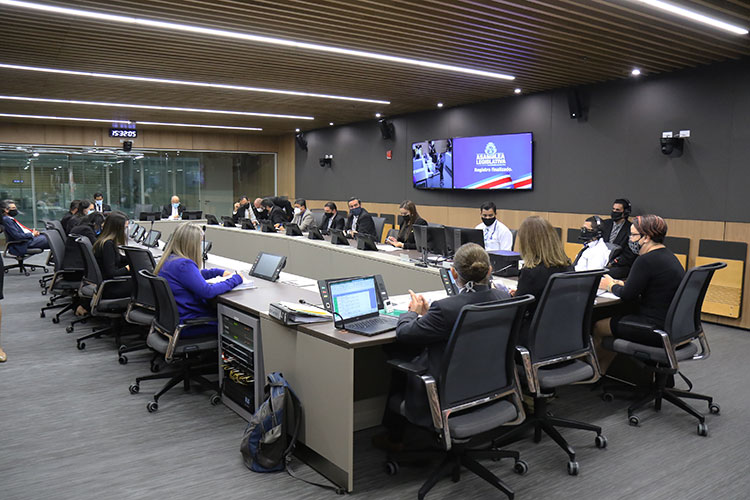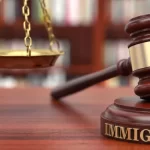Legislation to attract foreign pensioners and Rentiers is on its way to getting approved
In March 1992, a change in the pensionado law eliminated many tax privileges retirees had enjoyed since the program started in 1964. Under the old system, foreigners with official pensionado or rentista (permanent retiree) status were required to live in the country four months a year. They were entitled to the following perks: residency without immigration hassles, all the privileges of Costa Rican citizens except the right to vote and work for hire, and the right to import one of each of the major appliances such as refrigerator, stove, microwave, television, washer and drier, as well as many personal household goods free of taxes.
Pensionados could import a new car every five years duty-free, provided it was worth less than $16,000. In 1992, low taxes on imported cars and duty-free household goods were eliminated. Since then, all pensionados have to pay taxes on their automobiles and household goods the same as Costa Rican citizens do.

Unfortunately, these benefits were taken away because everyone saw that they were unconstitutionally giving something to foreigners that Costa Ricans could not have themselves. Incentives will always be used to attract people to less attractive countries, but Costa Rica does not have that problem.
Breaking news!
Costa Rica is in the process of passing alaw (Project 22.156) to attract foreign pensioners and rentiers with $150K capital. The government maintains that the bill will help to reactivate the economy through the investment of foreigners, who will be granted residency for ten years. Current expats contribute millions of dollars to Costa Rica’s economy in the form of real estate investments, using local products and services and creating jobs for Costa Ricans, so it comes as no surprise that the government is keen on attracting more foreign residents.
“The new bill will drop from a minimum of US$200,000 to US$150,000, in real estate, registrable assents, shares, securities, and productive projects or projects of national interest, that the foreigner must demonstrate to immigration to opt for a temporary residency as an investor.”
“Costa Rica has the necessary conditions to attract people with healthy capital to invest or retire in the country, generating greater opportunities for employment and consumption. It is a one-off action to generate more dynamism in the economy that also translates into job opportunities for Costa Ricans,” stated an official from the government.
The text approved on Tuesday (June 8) went through some revisions compared to the original one that was ruled by the Tax Affairs Commission on November 17, 2020.
For example, the new text specifies that, in addition, “beneficiary investors” may be considered “those who invest in venture capital funds or in sustainable tourism infrastructure projects”.
Also, the permanence in the country of those who enter as investors, pensioners or rentiers is extended to 10 years.
Costa Rica’s immigration law already allows the entry and temporary stay for a period of between three months and two years, which is extendable.
Initially, the proposed bill extended that term to five years, but the approved text extended the benefit to 10 years.
“Investors, rentiers or beneficiary pensioners who opt for said benefits during the first five years of the law, will keep them for a period of 10 years from the date they were granted,” reads the text.
Another variant was that, initially, investors, pensioners or rentiers could import a vehicle for personal or family use, free of import and tariff taxes, sales and economic stabilization, which could be sold or transferred to third parties, also exonerated.
The benefit was extended to 2 vehicles, for personal or family use, with the clarification that these can be for land, air (plane), or sea transport. (boat).
Said automobiles are free from “all import, tariff and value added taxes,” the bill states.
Another novelty of the text is that it includes an article specifying that foreigners classified as investors, retired residents or rentier residents who invest in Costa Rica will not be automatically considered tax residents.
Tax residence is typically linked with worldwide taxation, allowing countries to collect from their tax residents income obtained anywhere in the world.
Other benefits
The bill also regulates the following benefits:
- Exoneration, for a single time, of import customs taxes on household goods. This would include home furnishings, appliances, decorative items, kitchen and bathroom utensils, and bedding.
If the person transfers these assets to another, they must pay the exonerated tax and, in the event that they lose them, they may also replace them, exempt from tax.
- The amounts declared as income under this rule, for example, the monthly pension received from abroad, is free of income tax. Only the profits obtained in national territory, a product of their investments, would pay tax. However, in the event that his residence is canceled, the foreigner must pay all the taxes that the law exempted him.
Here is a link to a draft of the bill to English. You can read that here; note that some details have changed since they were published.
Those who want to take advantage of the new law and relocate to Costa Rica, can now tour the country with Christopher Howard Costa Rica’s #1 relocation expert. And also attend a two-day highly informative seminar by the country’s foremost experts in the fields of residency, medical care, real estate, moving your belongings, tips for learning Spanish faster, taxes, communications, activities to stay busy and happy and so much more.
“You will be miles ahead before you make the move to Latin America’s number #1 expat haven.”
For more information see: www.liveincostarica.com or contact Christopher Howard personally at: info@liveincostarica.com or christopher@costaricabooks.com
NOTE: Tour space is LIMITED and there are ONLY 6 tours per year!



